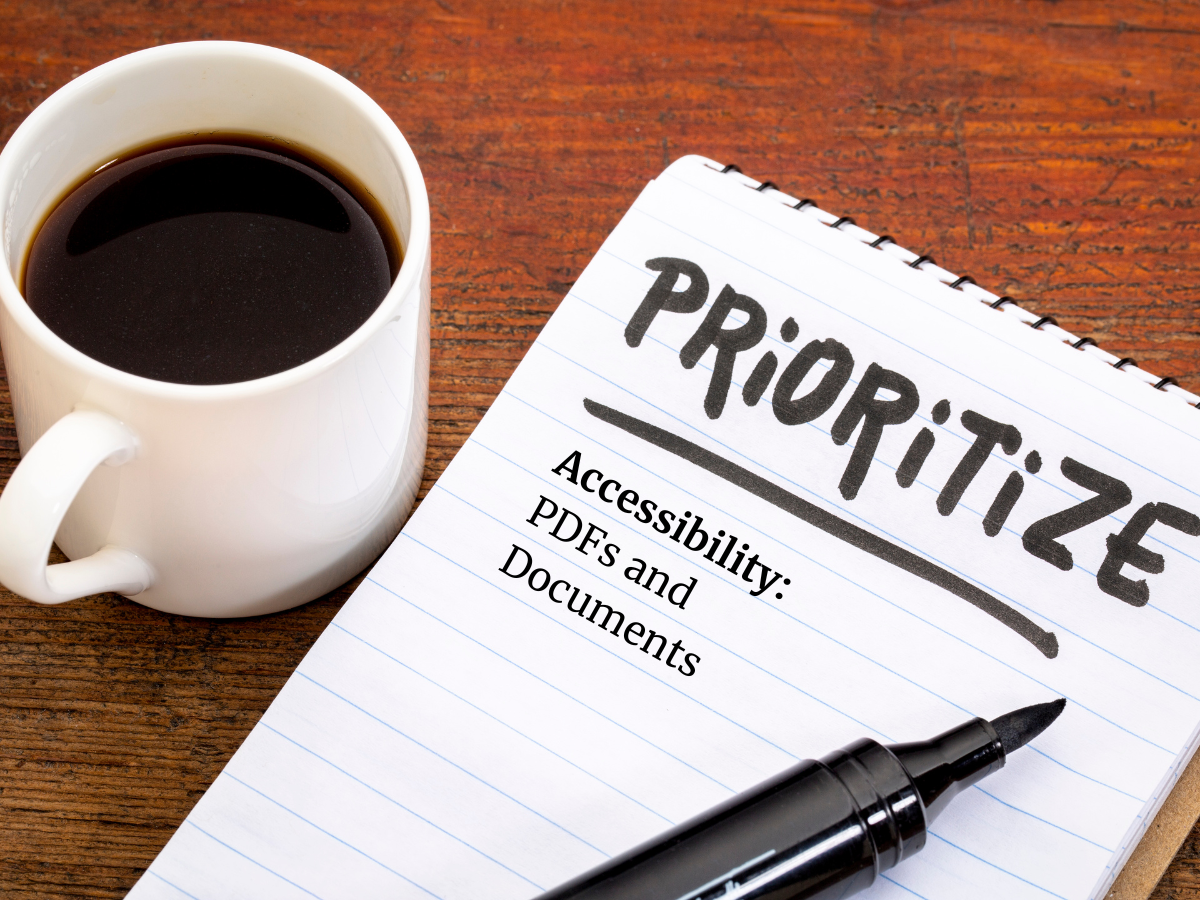Cindy Tucker
-

This guide outlines a practical, manageable approach to prioritizing PDF and document remediation so you can focus effort where it matters most.
-

By integrating accessibility into daily workflows, UGA and CAES faculty and staff can create high-quality, usable, and effective digital materials — benefiting all learners and stakeholders.
Posted in: Accessibility -

If you need a WordPress website for your CAES or UGA Extension program, lab, blog, or outreach project, this article walks you through how to request and get started with support from the Office of Information Technology.
-

Because it’s federal law that our digital content be accessible to individuals with disabilities, the Office of Information Technology has created training courses and webinars to help you implement necessary changes in your digital communications.
-

The Digital Accessibility Basics self-paced course will provide participants with an understanding of digital accessibility, its importance, and federal compliance requirements. This course is open to all CAES and UGA Extension employees.
-

As CAES expands its digital presence, accessibility is essential to our mission. Making our materials usable for everyone helps us reach and serve all audiences across Georgia.
Posted in: Accessibility -

With the digital accessibility compliance deadline approaching, you’ll likely see a lot of messages about digital accessibility from both UGA and CAES.
-

As the College of Agricultural and Environmental Sciences (CAES) continues expanding digital teaching, research, and outreach, we’re introducing a new approach to ensure that every web page, presentation, and document we share is accessible to all audiences.
Posted in: Accessibility -

If you plan to take photos or record videos of students for websites, marketing materials or outreach projects, please review the FERPA guidelines.
-

The Web Accessibility for Website Content Managers self-paced course is required for all new and existing CAES and UGA Extension website content managers.